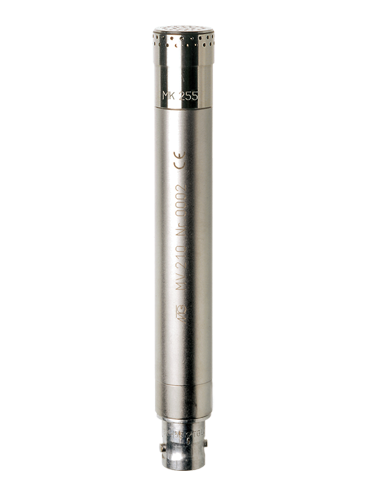Understanding Transducers
When sound needs to be measured with scientific precision, the right transducer makes all the difference. At the heart of every measurement microphone is a highly sensitive transducer that converts sound waves into usable electrical signals. But understanding the type of transducer used and its characteristics is essential to getting reliable and accurate results.
What Is a Transducer?
In simple terms, a transducer is the component responsible for turning acoustic energy (sound) into an electrical signal that can be measured and analysed. In the case of measurement microphones, the transducer lies at the core of the device, playing a crucial role in the microphone’s overall performance. It’s not just about capturing sound; it’s about doing so consistently and accurately with minimal distortion.
How Does a Transducer Work?
The transducer in a measurement microphone operates by detecting variations in the air pressure caused by sound waves. These pressure changes move a diaphragm inside the microphone, which in turn alters the distance to a backplate. This movement creates changes in capacitance, generating an electrical signal that mirrors the original sound. The precision of this process is why these transducers are trusted for lab work, environmental monitoring and industrial use.
Why Condenser Microphones Lead The Way In Measurement
When it comes to precision measurements, condenser microphones are a popular choice. Their design allows for a flat frequency response and high sensitivity, making them ideal for a broad range of acoustic applications. Whether used in sound power testing or NVH, they offer the level of accuracy professionals demand. This is exactly why our range of measurement microphones include this trusted technology.
Types of Transducers
Measurement microphones most commonly use condenser-type transducers, including pre-polarized and externally polarised models. Each has its own advantages depending on the type of environment it’s in and the equipment it’s paired with. Whether you need a free-field microphone for capturing direct sound or a pressure microphone for enclosed spaces, we supply transducers to suit your specific requirements.
Industrial Uses for Transducers
From factory noise assessments to automotive testing, transducers are vital in helping organisations comply with sound regulations and design quieter products. The transducers used in these devices must offer high stability and low self-noise to produce meaningful data under demanding conditions. Our selection has been chosen with these applications and more, in mind.
How We Can Help
We offer a full range of transducers, covering measurement microphones, accelerometers and velocity and sound intensity probes. Each transducer we recommend is backed by real-world testing, ensuring it meets both industry standards and your exact needs. If you need guidance on selecting the right transducer or you are unsure which of our models best suits your application, we’re here to help.
You can learn more about our wider product ranges or explore the benefits of short-term access through our flexible rental service.





.389.png)

.384.png)
.389.png)
.28.png)
.390.png)
.23.png)